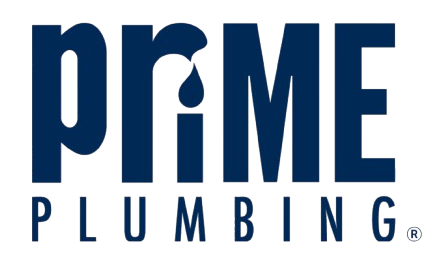Service 7 Days a Week

Proudly Serving Central Maryland
Frozen or Burst Pipes: What To Do in This Cold Weather Emergency
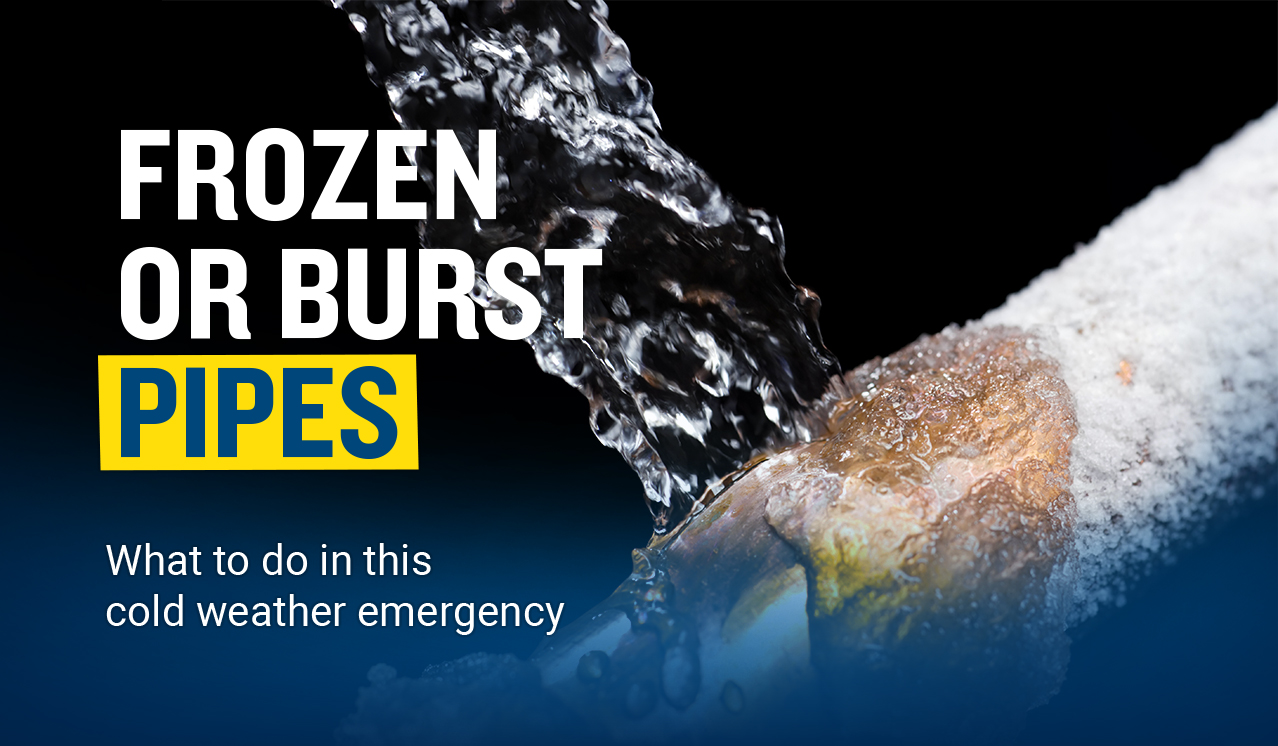
Save Time, Call Prime!
It can be quite a shock to turn on the water and have nothing come out. Or, even worse, to have water flooding your home from a burst pipe. But the reality is cold winter weather causes frozen or even burst pipes, which can quickly lead to costly damage if not addressed promptly.
Here’s what to do if you suspect a frozen or burst pipe.
First, Shut Off the Water Supply!
Whether your pipes are frozen or bursting, the first step is immediately shutting off the main water valve. Do you know where your main shut-off valve is? It’s usually located in the basement, garage, crawl space, or near the water heater or meter.
The water supply must be quickly turned off, so if you can’t find the main valve, call a plumber immediately.
If a pipe is frozen but has not burst, you may be able to shut off the water to only that pipe and continue using water in other areas of the home. Several valves control all or portions of the water supply throughout a residence. Some of the most common include:
Gate valves
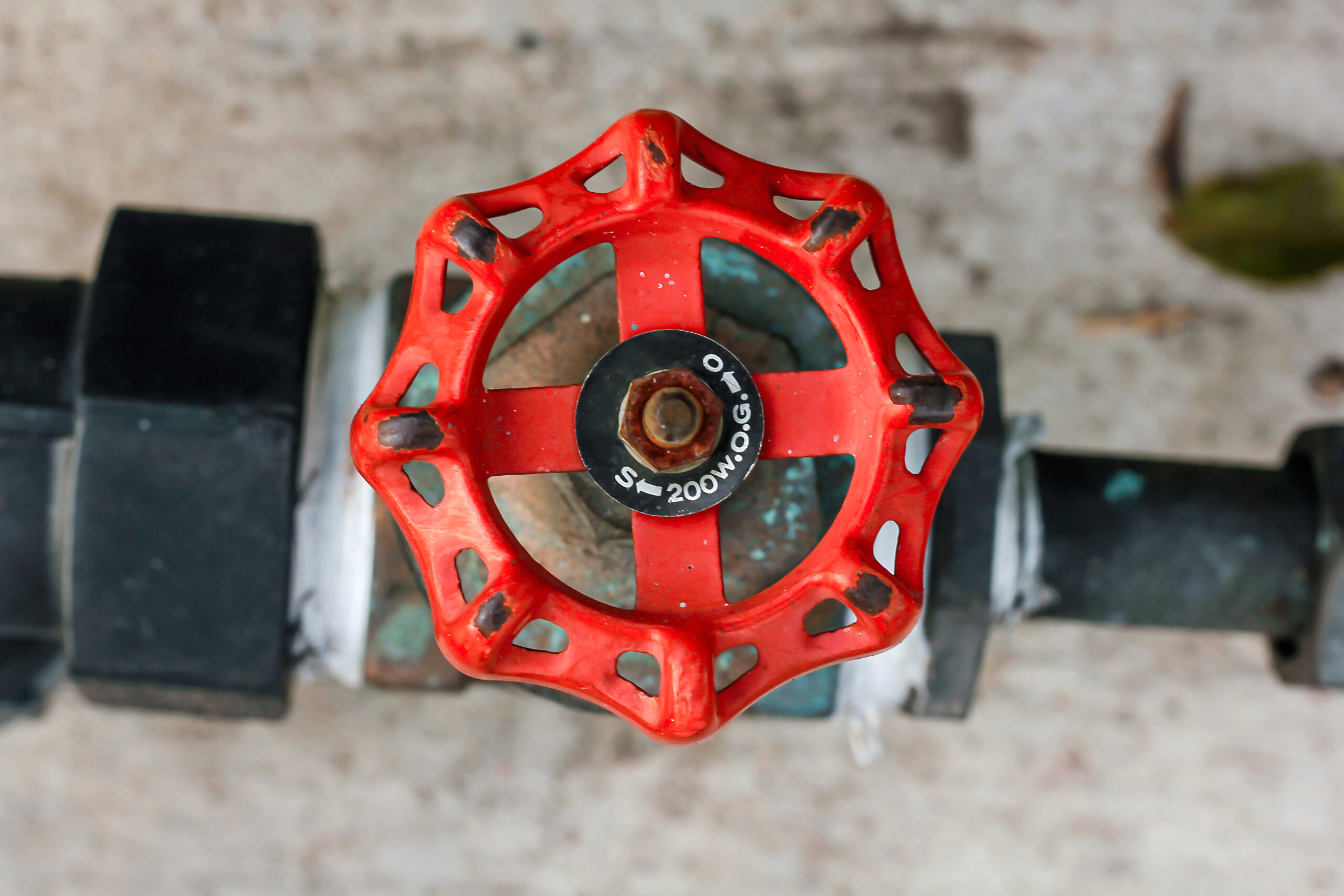
Globe valves
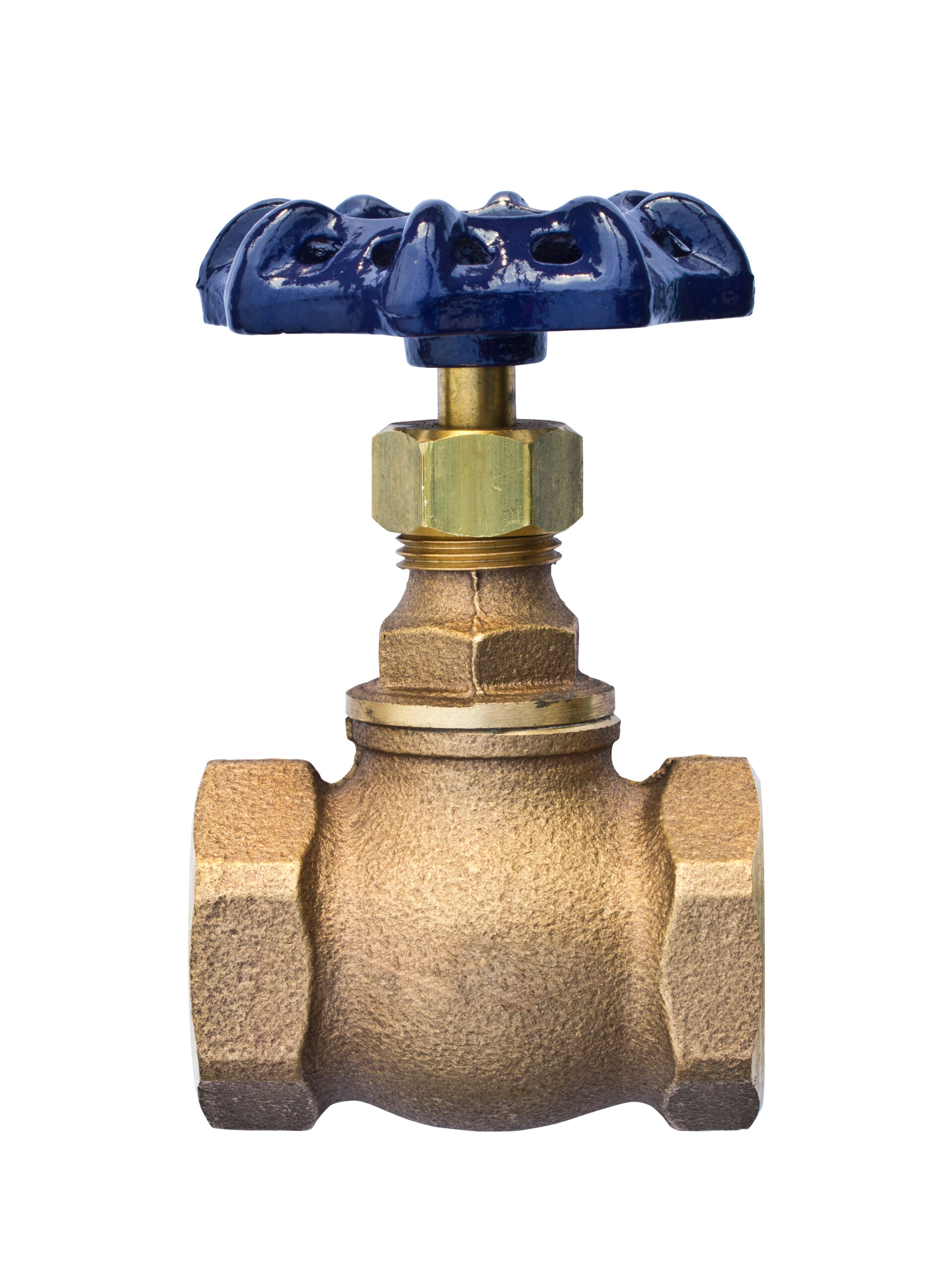
Ball valves
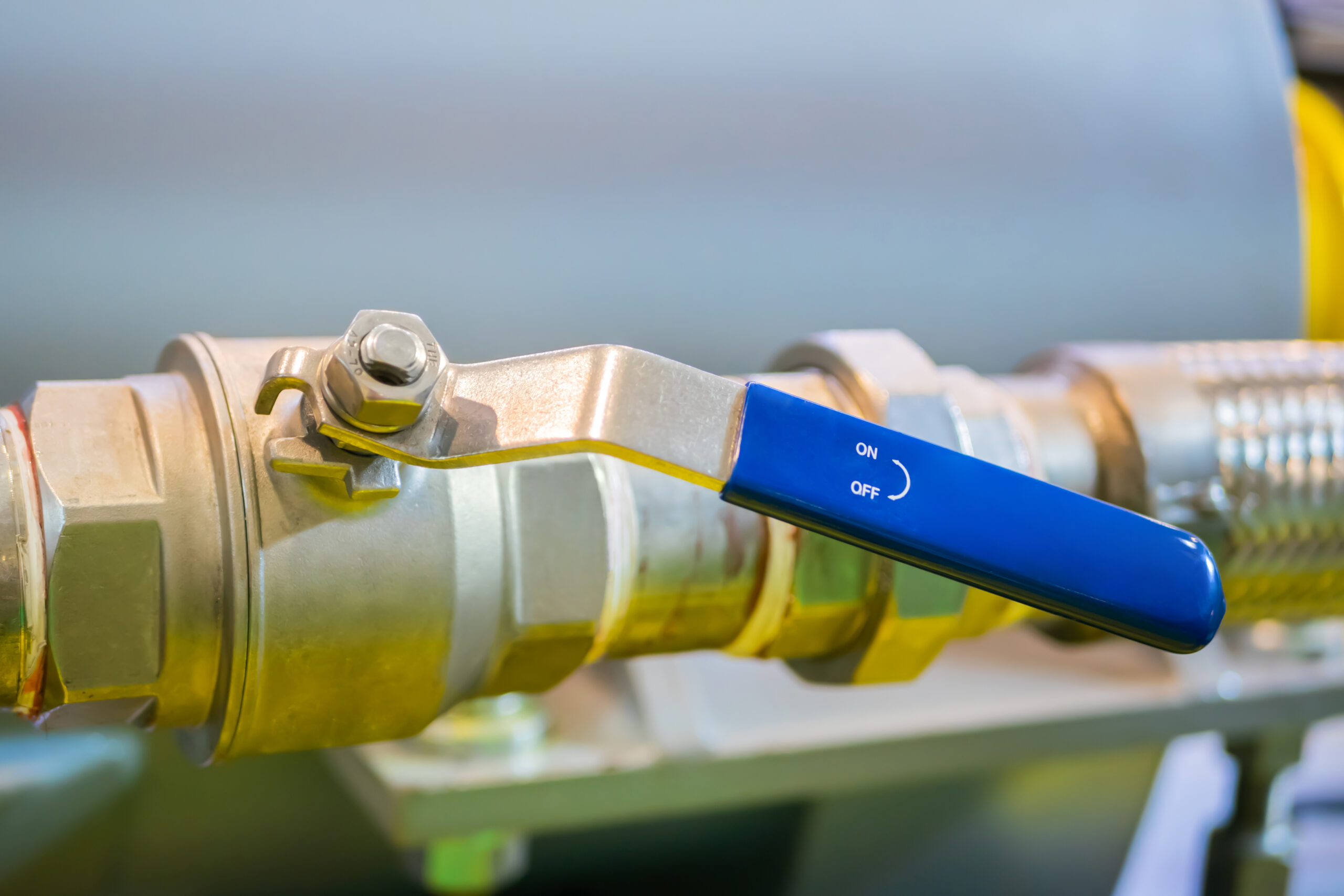
You’ve Shut Off the Water; What Should You Do Next?
Now that the water is off, here are a few things you can do to identify and resolve the problem. It’s important to note that plumbers cannot fix a frozen pipe. The pipe must be thawed before any repairs can happen.
- Identify the troublesome pipe: Look for bulges or cracks, dampness, or water stains on walls and ceilings. Areas most often associated with frozen pipes include unfinished basements, crawl spaces, garages, and attics.
- Drain the system: Open all hot and cold water faucets, flush toilets, and turn off your boiler or water heater to relieve pressure in the pipes and prevent further damage. If there’s water leakage, turn off your electricity.
- Thaw the frozen pipes carefully: Never use an open flame or torch to thaw pipes, as it can cause a fire, melt pipes, or cause the pipe to burst. Instead, thaw pipes with a hair dryer, heat lamp, electric heating pad on a low temperature, hot towels, or heat tape.
- Temporarily patch the pipe: You may be able to temporarily patch the damaged pipes with pipe clamps, rubber sheeting, or epoxy putty to minimize water leakage. If your home has suffered extensive damage, contact your insurance company for guidance before making repairs. Document the damage with pictures.
When in Doubt, Call a Plumber
It’s critical to repair burst pipes as quickly as possible. A professional plumber can ensure they are fixed properly. Plumbing experts can pinpoint the problem, assess the damage, repair the pipes, and reduce the risk of a future problem. Prime Plumbing pros frequently respond to emergency calls regarding frozen or burst pipes. We’ll quickly repair your pipes and help you with preventative measures so it’s less likely to recur. Trust our experts for great tips on proactively keeping your system problem-free and preparing your plumbing for winter.
Save Time, Call Prime! Contact our team at 443-741-1129 for service in Baltimore.
The Difference With Prime
Get a FREE second opinion on water and sewer service, and septic repair/replacements!
Don’t Just Take Our Word for it
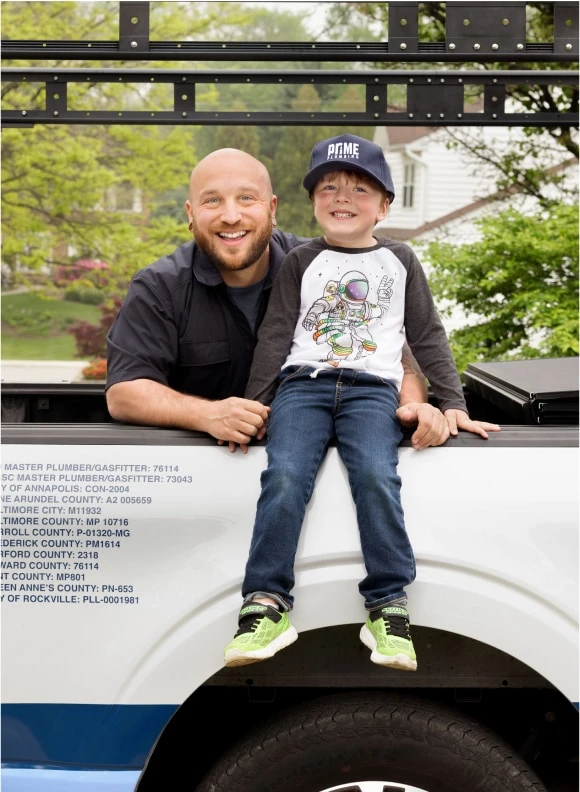
Why Choose Prime Plumbing?
Professional Services at an Affordable Price
- Transparent Pricing
- No Additional Charges for Overtime
- Flexible Financing Solutions
- Thorough Employee Background Checks
- Complimentary Second Opinions
